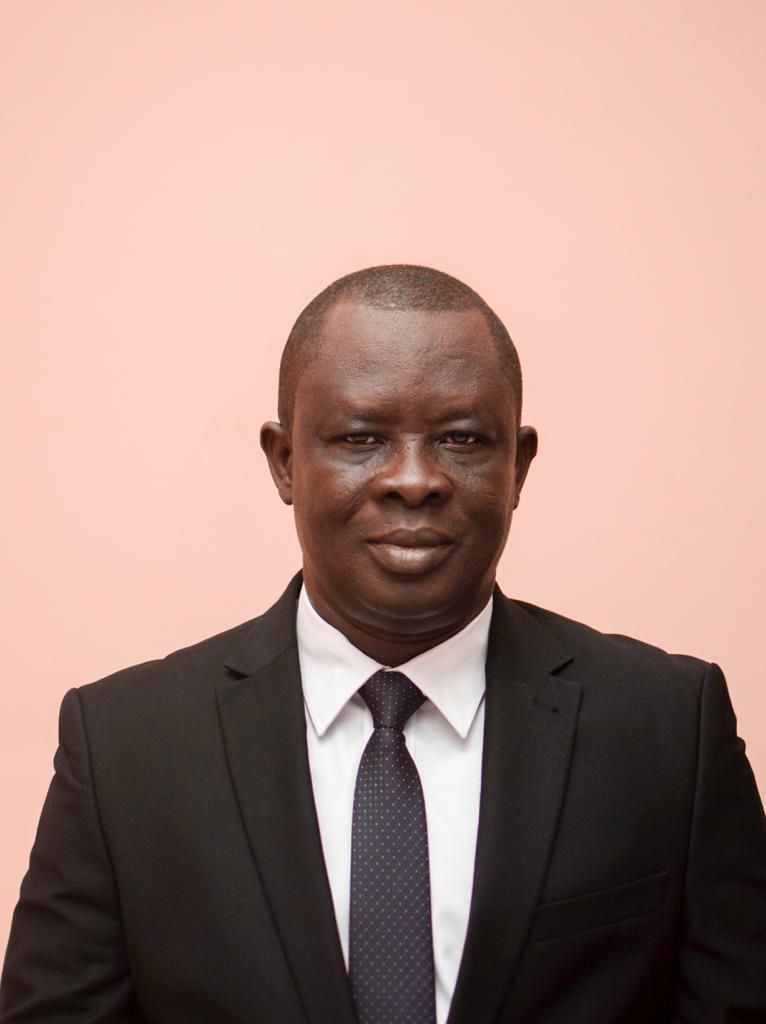THE LAW ON CHIEFTAINCY ENDORSEMENT OF POLITICIANS & POLITICAL PARTIES
In recent times, chiefs have been seen to give their remarks on the government’s performance including their opinions on the policies of political aspirants. Article 276(1) of the 1992 Constitution of Ghana prevents chiefs from engaging in active party politics and if they so wish, they should abdicate their stools. Whether the chiefs’ remarks amount to an endorsement of political aspirants is for the law to determine.
Participation in Active Party Politics
In the words of Professor Maxwell Owusu, “The chief is a neutral source of social integration and local political unity.” Hence, the ban on chiefs to participate in party politics. This is to preserve the dignity and respect the stool comes with. Active party politics is not limited to standing for election. It covers actions that emit sympathy and preference for a particular politician or party against their rival.
Fundamental human rights of chiefs v. public interest
The fundamental human rights covered in Chapter 5 of the Constitution are for all persons; which includes the right to vote and to be voted for; and the right to belong to a party. However, in matters of public interest, there is a compromise. For the sake of public policy, the Constitution makes room for prohibition on the enjoyment of some human rights of persons whose positions in society require neutrality, respect, and a fiduciary relationship.
What the law says
Article 276(1) of the 1992 Constitution: A chief shall not take part in active party politics and any chief wishing to do so and seeking election to Parliament shall abdicate his stool or skin.
In Elorm Kwame Gorni v. Attorney General and National House of Chiefs Suit No. J1/08/2020 : The Supreme Court reasoned that those other statements or particular portions of a statement where a Chief is heard to endorse the person of the candidate or his party, by declaring their preferential support for the election of the candidate or his party or urging voters to vote for them are the kind of “taking sides” in a partisan political contest that, as we have opined, Article 276(1) disapproves of.
The phrase “active party politics” contained in Article 276(1) is amendable and subject to interpretation by this Court in exercise of our original jurisdiction under Article 130(1)(a). We further hold that commendations or expressions of appreciation (or criticism) by Chiefs about the policies, projects, and programmes of a candidate or their party, whether past, present, or proposed, do not amount to participation in “active party politics.” However, endorsement of the person of the candidate or of their party, whether free-standing or embedded in an otherwise innocuous statement, is violative of Article 276(1).
Emmanuella Kwatia




